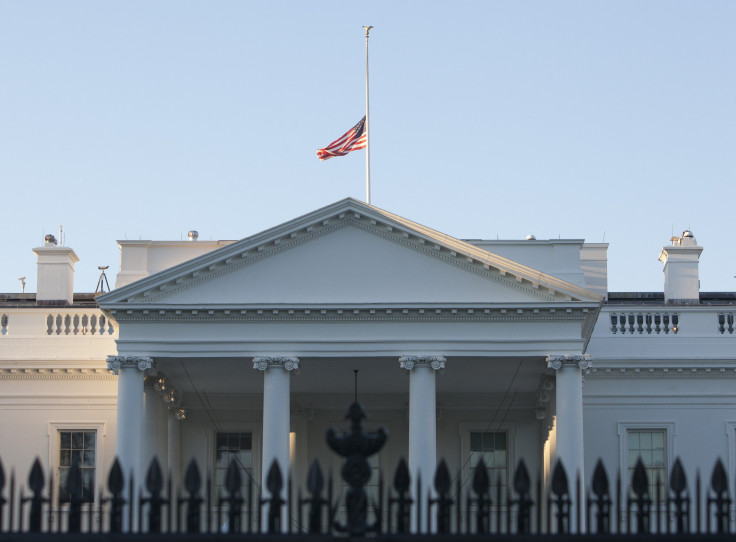Who Is Jeffrey Rosen? Trump Likely To Name Deputy Attorney General Nominee

President Donald Trump intends to nominate Jeffrey Rosen to replace Rod Rosenstein as the deputy attorney general, the White House said Tuesday night.
William Barr was selected as the new U.S. attorney general on Feb. 14 and according to reports, it was Barr who chose Rosen for the role. In a statement, Barr welcomed the choice saying Rosen had 35 years of experience.
“His years of outstanding legal and management experience make him an excellent choice to succeed Deputy Attorney General Rod Rosenstein, who has served the Department of Justice over many years with dedication and distinction,” Barr said, the Guardian reported.
Rosen, 66, graduated with a B.A. in economics from Northwestern University and was a Harvard Law School graduate. He is currently serving as the deputy secretary of the transportation department. He previously worked at the Office of Management and Budget under President George W. Bush. He also worked as an adjunct professor at Georgetown University Law Center, Washington, D.C.
Elaine Chao, the transportation secretary, said Rosen played a major role in the department.
“I will be sorry to lose him, but I am confident that he is the right lawyer to help the new Attorney General succeed at the Justice Department, for the benefit of the American people,” she said.
Rosen, however, does not have experience as a prosecutor or official at the Justice Department and his nomination must be confirmed by the Senate.
Trump to nominate Jeffrey Rosen as new deputy AG https://t.co/kQnEUbt9bE pic.twitter.com/Xm8cblfmQx
— New York Post (@nypost) February 20, 2019
Rosenstein, who served as deputy attorney general for almost two years, was expected to step down by mid-March. In 2017, almost immediately after his confirmation, Rosenstein appointed Mueller after the then-Attorney General Jeff Sessions recused himself from overseeing the investigation into Russian interference in the 2016 election. Trump and his supporters criticized Rosenstein over the Mueller inquiry.
Former FBI Deputy Director Andrew McCabe said in an interview Sunday that Rosenstein discussed with him in 2017 about the possibility of removing Trump from office using the 25th Amendment.
“It was an unbelievably stressful time. I can’t even describe for you how many things must have been coursing through the deputy attorney general’s mind at that point. So it was really something that he kinda threw out in a very frenzied chaotic conversation,” McCabe said.
He also added that Rosenstein spoke about recording the president’s conversations in the White House.
“He said, ‘I never get searched when I go into the White House. I could easily wear a recording device. They wouldn’t know it was there.’ Now, he was not joking. He was absolutely serious,” McCabe said.
© Copyright IBTimes 2025. All rights reserved.





















